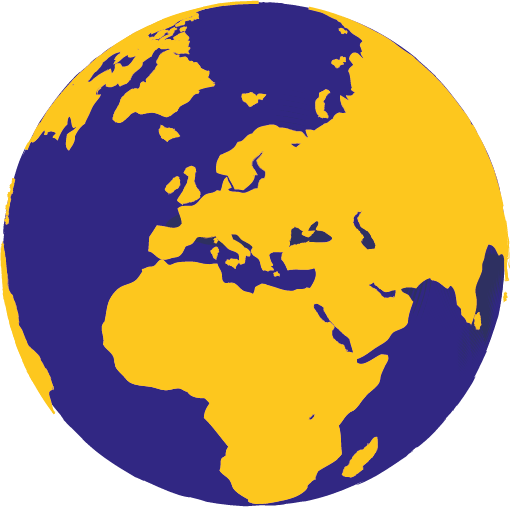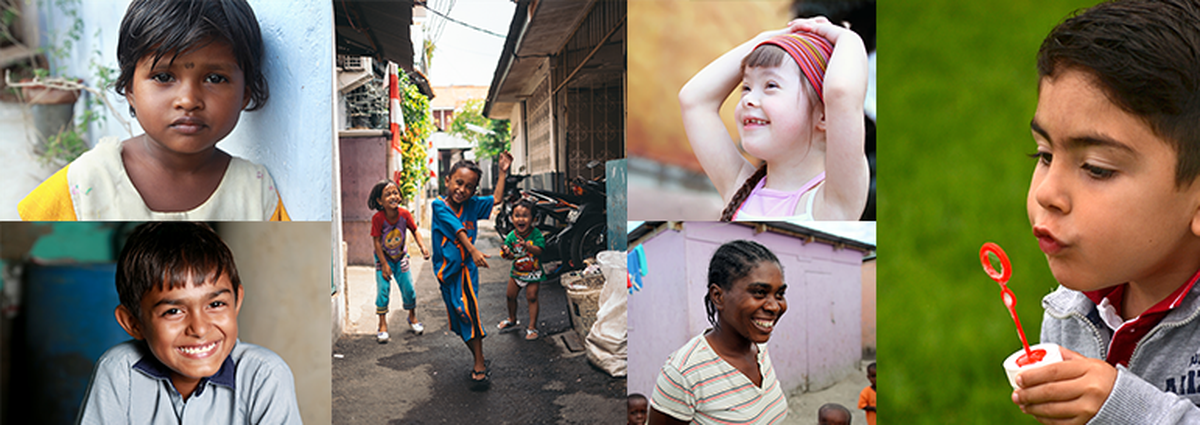Lumos and 53 of the world’s leading children’s organisations have called on the UN to ensure that children living outside of families are monitored and counted as part of its global Sustainable Development Goals (SDGs).The SDGs - in the document, Transforming Our World: the 2030 Agenda for Global Action - will guide spending of billions of dollars in international assistance over the next 15 years.
Whilst the goals have been set, a critical accompanying global monitoring framework is being developed by the Inter-Agency Expert Group on the SDGs, established by the UN Statistical Commission. NGOs and other civil society bodies have been encouraged to give their views on the ‘Indicators’ which will make up the monitoring framework and allow progress against the goals to be assessed.
In a joint open letter to the Inter-Agency Expert Group on the SDGs, established by the UN Statistical Commission, children’s NGOs including Lumos, and leading disability-rights organisations, have appealed to the UN to ensure that “children living outside of households and/or without parental care” are included in the monitoring framework. Other signatories include the Better Care Network, Child Fund Alliance, Columbia Group for Children in Adversity, Global Alliance for Children, Hope & Homes for Children, Save the Children and SOS Children’s Villages. The final set of indicators is expected to be completed by early 2016.
Children’s organisations have long recognised that we do not know how many children live outside of families and almost certainly under-estimate the totals. Loose estimates indicate that at least eight million live in institutions and orphanages, the vast majority of whom are not orphans. A central aim of the SDGs is that no-one will be left behind by global development. But Lumos and others have argued that the absence of reliable mechanisms for counting children outside of families, and measuring the success of work to transform their lives, raises the risk that some children will, indeed, be left behind.
The letter to UN Expert Group states: “All children count, but not all children are counted. As a result, some of the world’s most vulnerable children – those without parental care or at risk of being so; in institutions or on the street; trafficked; separated from their families as a result of conflict or disaster; or recruited into armed groups – have largely fallen off the UN’s statistical map. There are only limited data about how many children live in such precarious circumstances, except for scattered estimates from some specific countries.”
The letter makes key recommendations:
- Ensure that children living outside of households and/or without parental care are represented in disaggregated data.
When assessing States’ progress in improving the lives of children, living arrangements and caregiving environments are key markers for vulnerability, risk, and disadvantage. Children without parental care often experience abuse, neglect, lack of stimulation, and extreme and toxic stress, all of which have a profoundly negative effect on children’s health, education, development, and protection. Data collection should reflect the goals and definitions included in the UN Convention on the Rights of the Child, the UN Convention on the Rights of Persons with Disabilities and the UN Guidelines for the Alternative Care of Children.
- Improve and expand data collection methodologies to ensure all children are represented.
Innovative approaches must be developed to assess the conditions of the world’s most vulnerable children. The post-2015 global monitoring framework must establish mechanisms to integrate household-based data with additional information on children temporarily or permanently living outside of households.
“The post-2015 global monitoring framework offers an opportunity to do more and better on behalf of the world’s most vulnerable children – ensuring, first and foremost, that they are no longer invisible,” the letter concludes.
Sir Roger Singleton, Lumos Managing Director, said: “Children living outside of families are some of the most disadvantaged in the world. We know from eighty years of research that being raised in large impersonal institutions and orphanages – where well-meaning staff cannot replace the close, loving engagement of parents and a family – harms the development of children. The gaps in our knowledge mean many of these very vulnerable children are effectively invisible. It is only by understanding the true global picture that we can ensure they are not left behind and benefit from international development policies, programmes and initiatives intended to reach the most vulnerable.”



